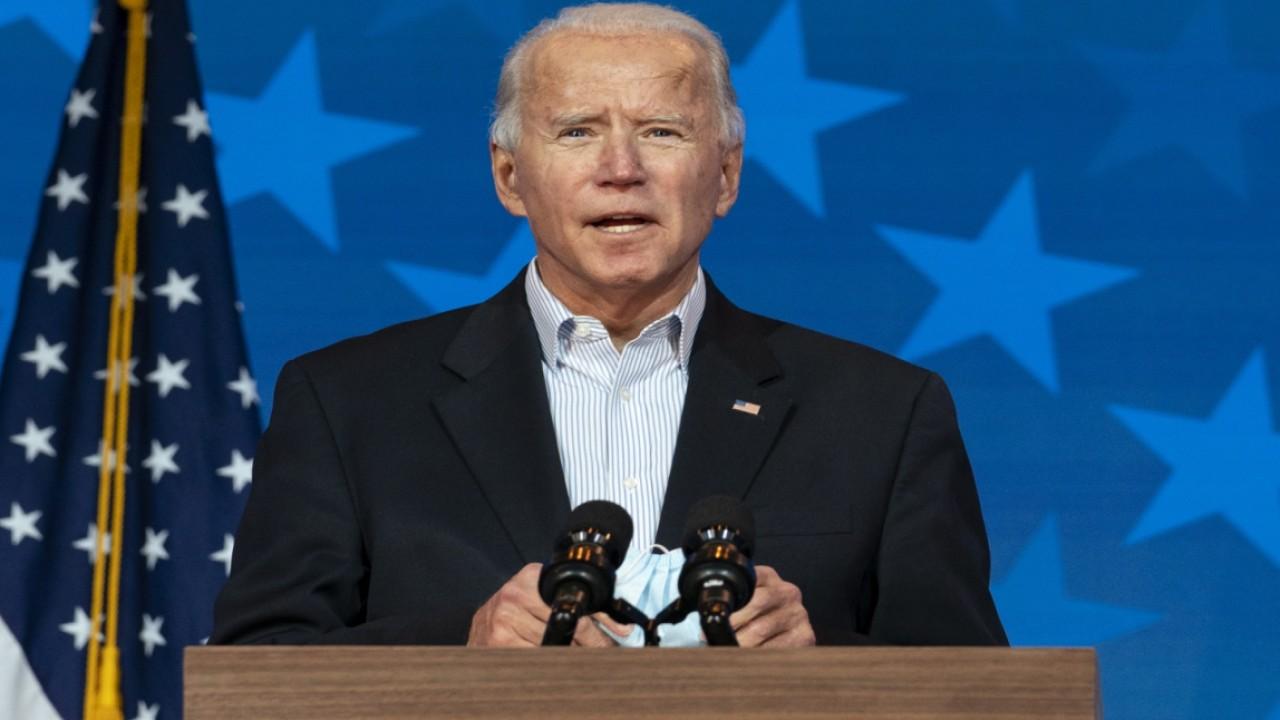Bill Clinton calls for another round of 'significant' public aid amid coronavirus pandemic
Clinton said 'at least one more' and 'perhaps two more' rounds of significant public assistance is needed
Former President Bill Clinton said the federal government likely needs to provide at least one more coronavirus relief package to help American workers and families still reeling from the pandemic.
"We need at least one more, and perhaps two more, rounds of significant public assistance," Clinton said Wednesday during the American Bankruptcy Institute's virtual International Insolvency Forum.
He cited it as one of the key priorities that the incoming Biden-Harris administration should address immediately, noting there are still more than 10 million Americans who are unemployed compared to February, before the crisis began.
BIDEN PLEDGES TO HIKE TAXES ON AMERICANS EARNING MORE THAN $400K
"In terms of employment and we have huge numbers of businesses that may or may not be able to come back," Clinton said. "And in that context, we have to prioritize what we're going to do and then we need to prioritize areas of growth."
While the Federal Reserve has taken a range of extraordinary actions to support the economy, including slashing interest rates to near-zero during an emergency meeting in March, purchasing an unlimited amount of Treasurys and launching nine lending facilities to ensure that credit flows to businesses and Wall Street banks, the central bank "has done about all that it could," Clinton said.
"Now, government investments are going to have to pick up a lot of the slack," he said. "And as the result of that, we actually are in one of those rare periods where supply-side economics can work, where you can deficit spend and actually get more return on it because interest rates are so low."
The federal budget deficit surged to a record-shattering $3.1 trillion in the 2020 fiscal year, buoyed by enormous government spending to blunt the economic pain of the virus-induced recession, including the $2.2 trillion CARES Act passed in March.
TRUMP CLAIMS BIDEN WIN WILL CAUSE DEPRESSION, 'BIGGEST HEADWIND' TO ECONOMY
But in the months since then, Congress has struggled to reach an agreement over another round of emergency relief, confounded by key sticking points like funding for state and local governments and a virus testing plan. Negotiations, which came to a standstill before the Nov. 3 election, have yet to resume
House Democrats are pushing for at least a $2.2 trillion spending plan. But Senate Republicans, some of whom have sounded the alarm over the record deficit, want a more-targeted $500 billion bill.
But Clinton argued that with interest rates likely remaining at a record low for years to come, now is not the time to worry about the debt.
"Now if we ever return to normal interest rates, we're going to have be more frugal," he said. "As you know, I hate all this debt. But we can't pretend that debt under these circumstances is anything like what we faced in the 1990s."




















